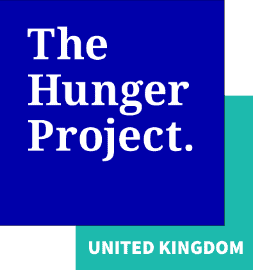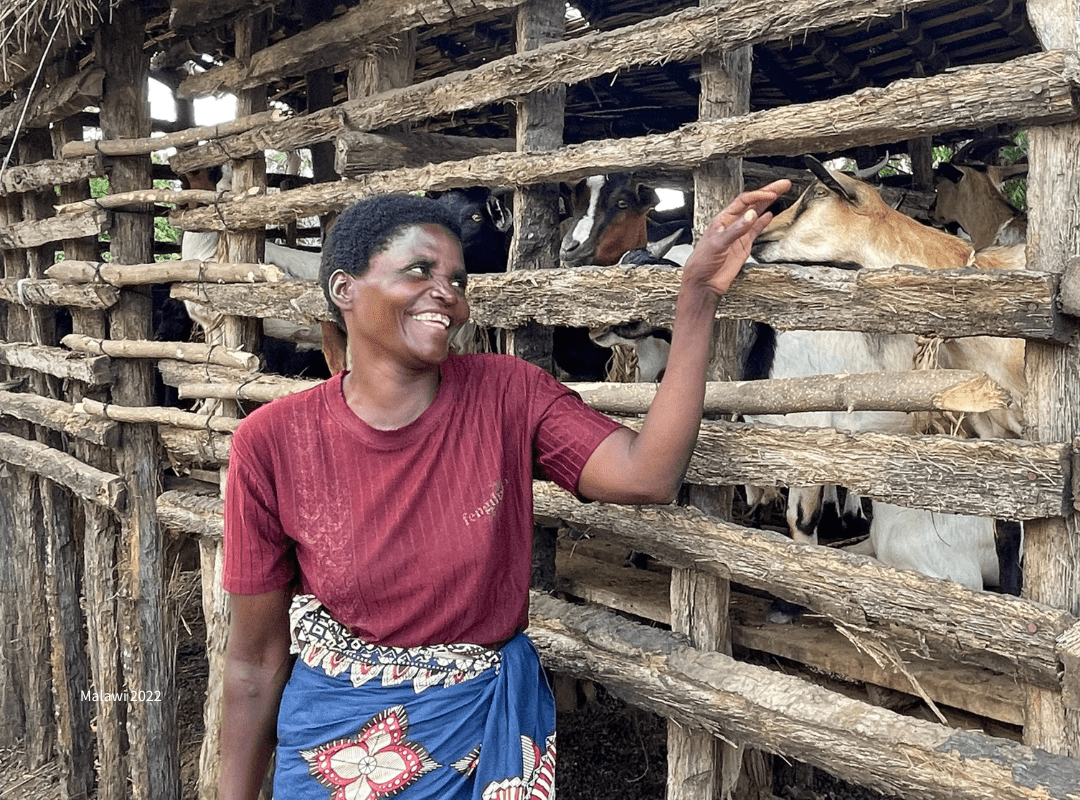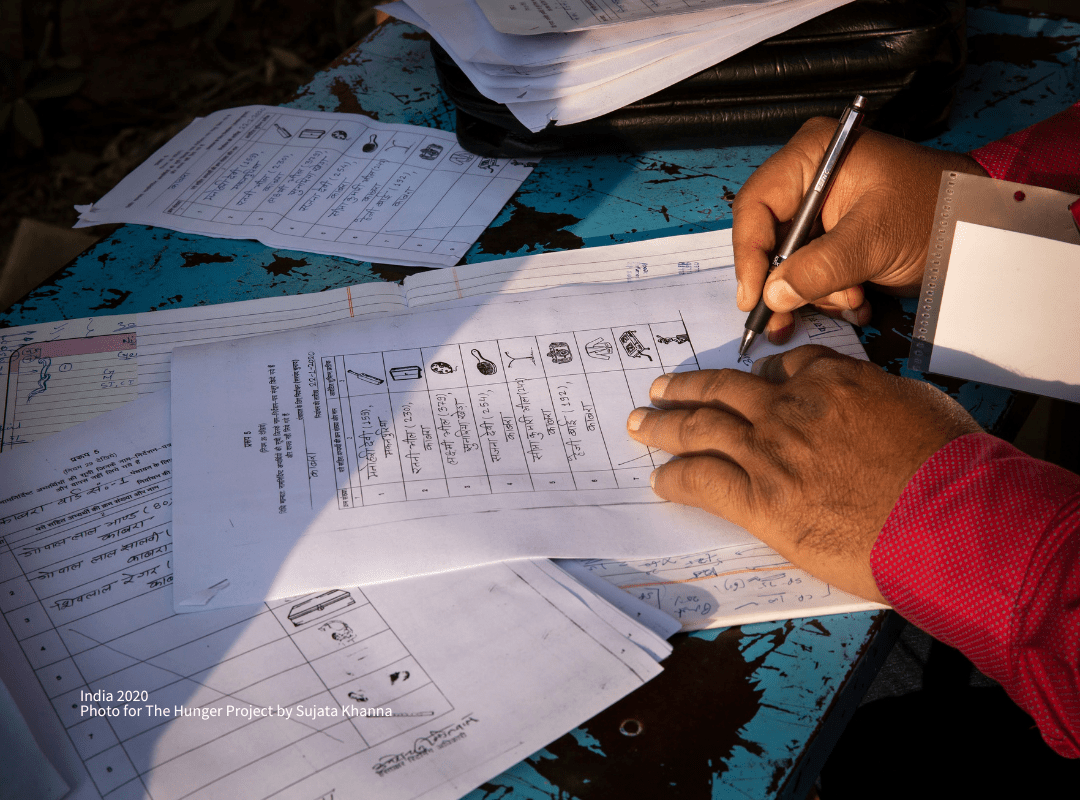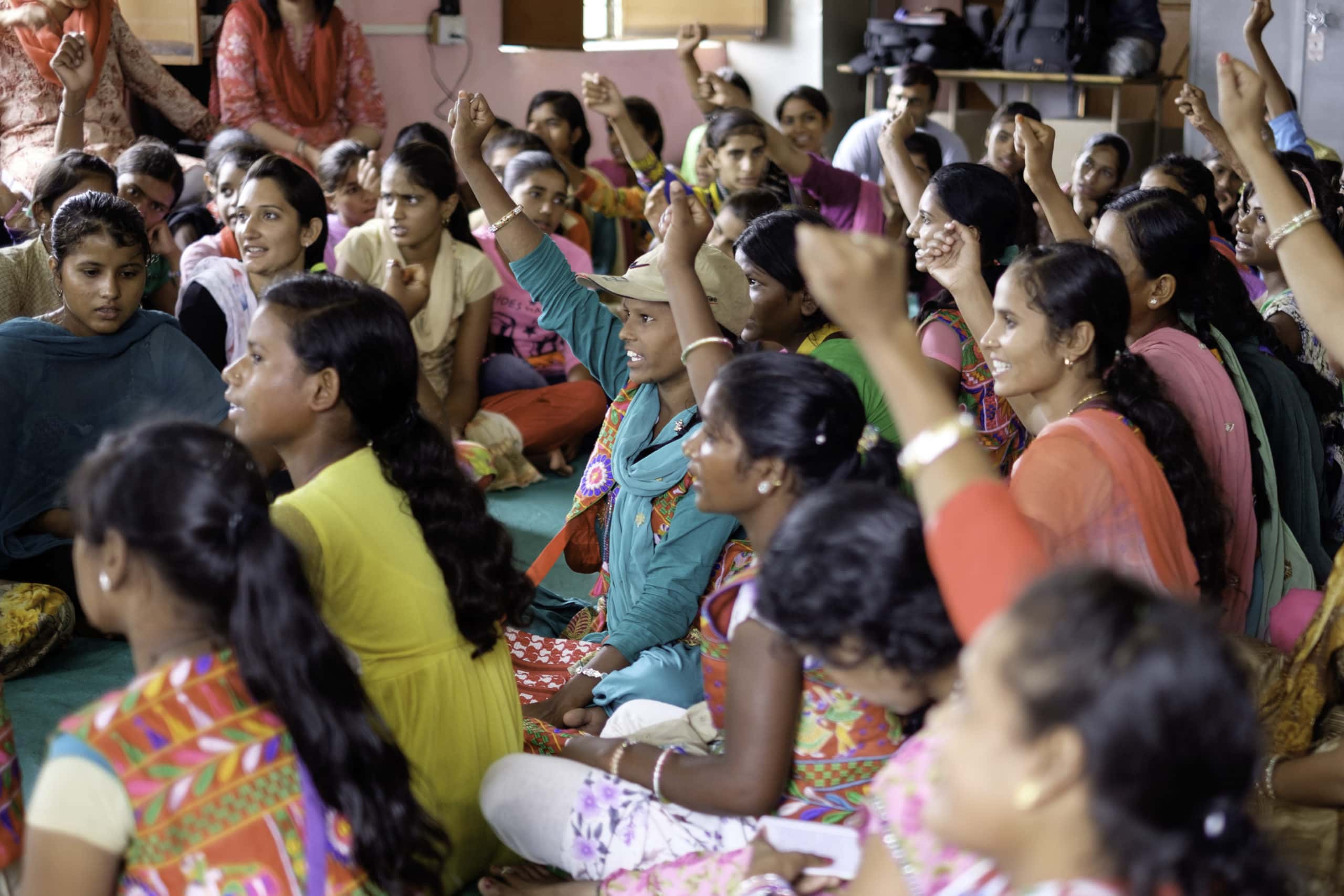We’re The Hunger Project.
Nice to meet you.
The Hunger Project is a global not-for-profit, founded in 1977. We believe passionately that ending hunger is possible, and that our generation has the power to end it once and for all.
Our vision is a world without hunger.
Our mission is to facilitate individual and collective action to transform the systems of inequity that create hunger and cause it to persist.
We do this by pioneering sustainable, grassroots, women-centred strategies and advocating for their widespread adoption in countries throughout the world. We comprise of 13 Programme countries across rural Africa, South Asia and Latin America and 12 Partner countries.
The issues.
Unlike famines that receive emergency-aid, chronic hunger is a silent, invisible, day-after-day condition. Millions live with hunger and undernourishment because they simply cannot afford to buy enough food, cannot afford nutritious foods or cannot afford the farming supplies they need to grow enough good food of their own.
Of the 783 million people in the world live in hunger in 2022, the majority are women.
99% of people living in hunger are in low and middle income countries.
Despite women being responsible for 90% of preparing and buying food, they are eating last and least.
One-third of the world’s food is wasted annually.
Our approach.
Top-down, aid-driven, ‘West knows best’ models fail to create sustainable, lasting change for communities living in hunger and poverty. At The Hunger Project we’re breaking the cycle of hunger and poverty, by flipping this model on its head. We believe hungry people themselves are the key to ending hunger and we have 40+ years of evidence to say this theory of change works.
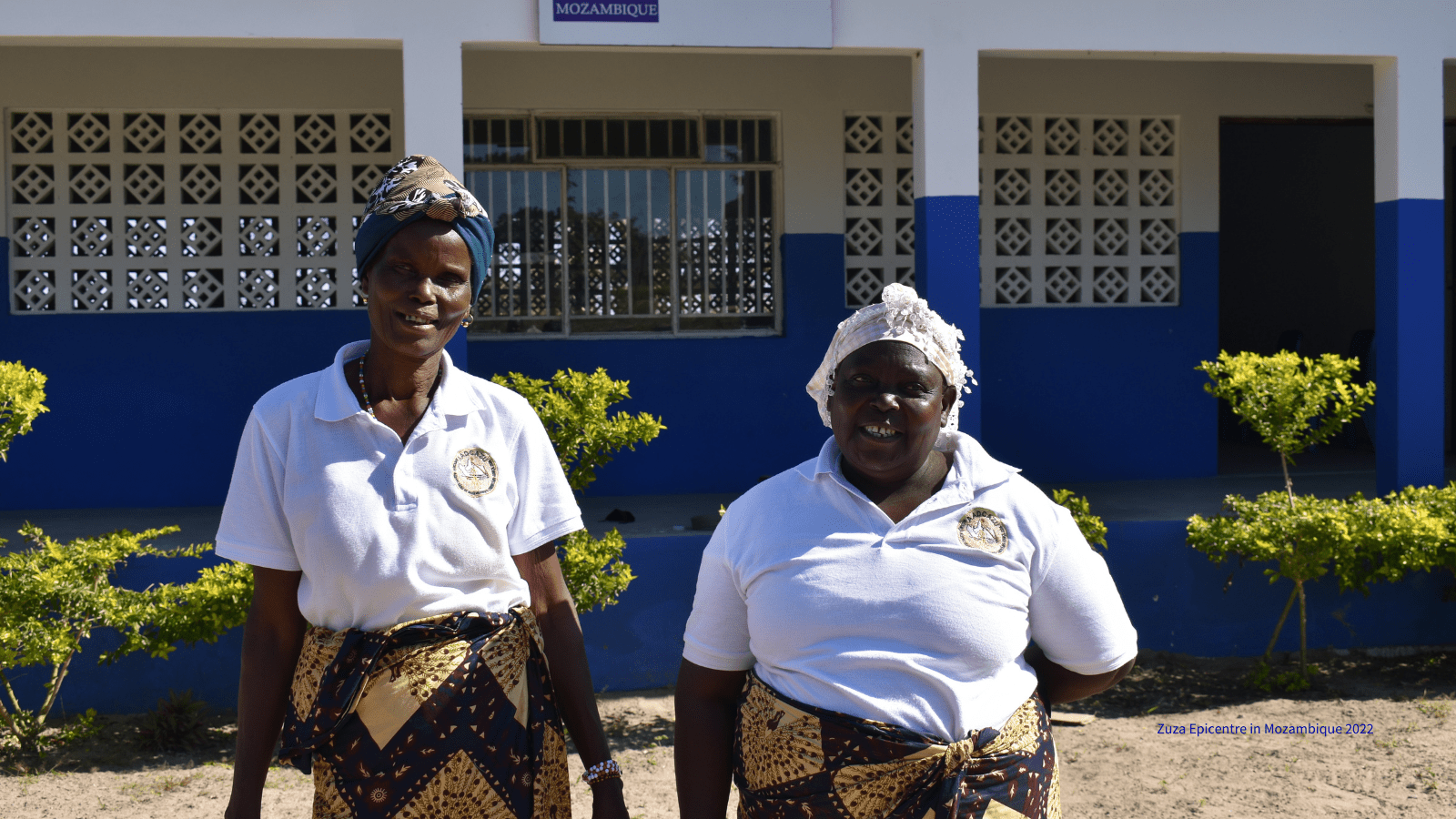
We do this by…
Amplifying
the voices of those living in hunger.
Campaigning
to secure the sustainable end of world hunger.
Fundraising
to support our life-changing programmatic work.
Our team.
Board
Staff
Job Opportunities
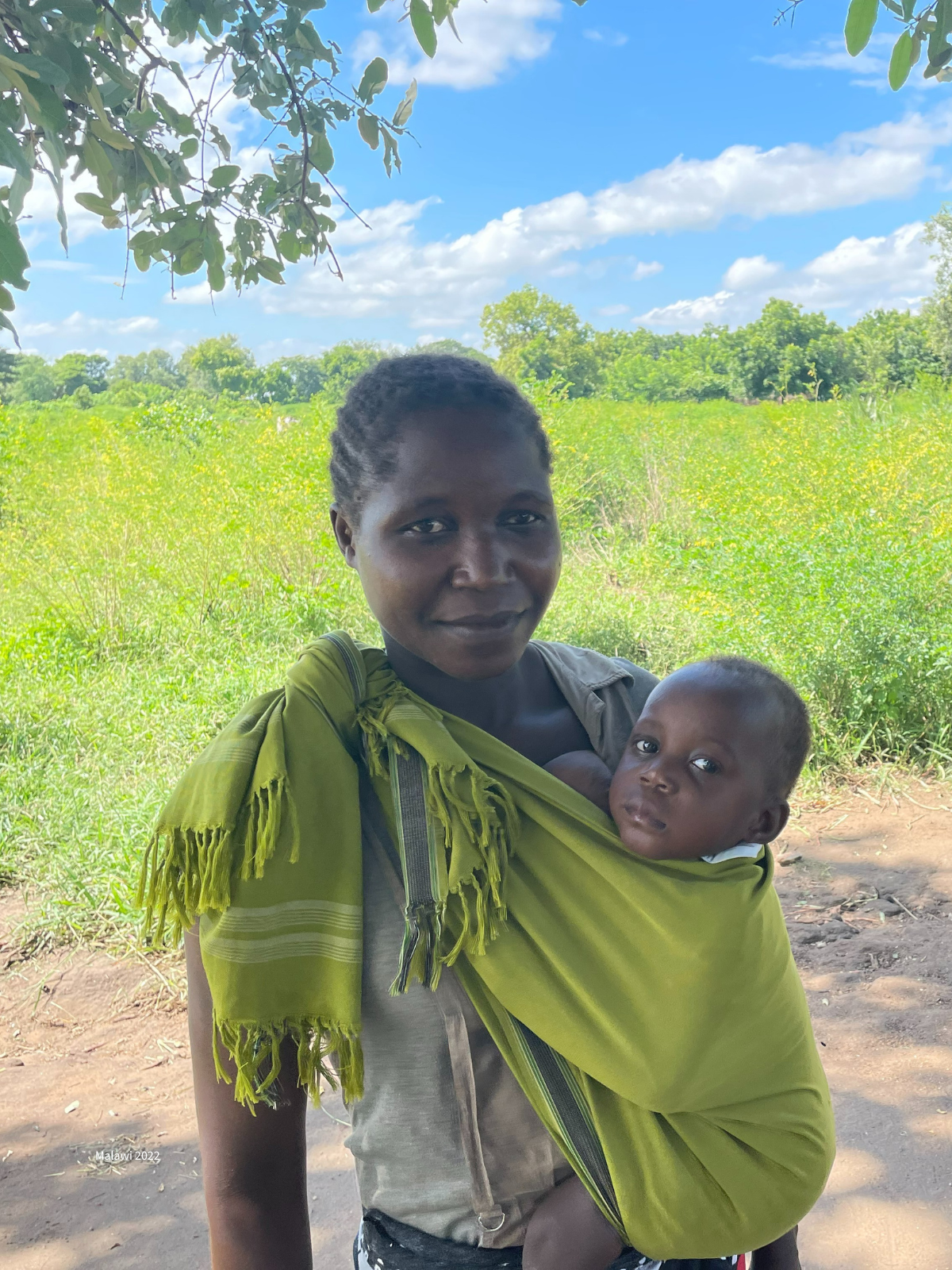
About hunger.
Chronic, persistent hunger means a state of long-term undernourishment or malnutrition. Malnutrition is more than food deprivation; it’s when the variety or quality of food is insufficient to support proper development and health. Malnutrition largely happens due to having insufficient money for healthy nutrition, clean water or health care.
When you’re malnourished, the body absorbs less food than it needs. This can lead to a weakened immune system and being more susceptible to illness. Critically, undernourishment passes from generation to generation. If mothers-to-be are already malnourished, their children cannot develop correctly during the pregnancy and are frequently born prematurely and/or underweight. This can lead to reduced physical and mental capacity in adulthood. And so, earning opportunities decrease and the risk of hunger increases. The cycle continues.
Photography credits: Banner image – Ivan Barros, Vision/Mission/Values & Job Opportunities – Johannes Ode
